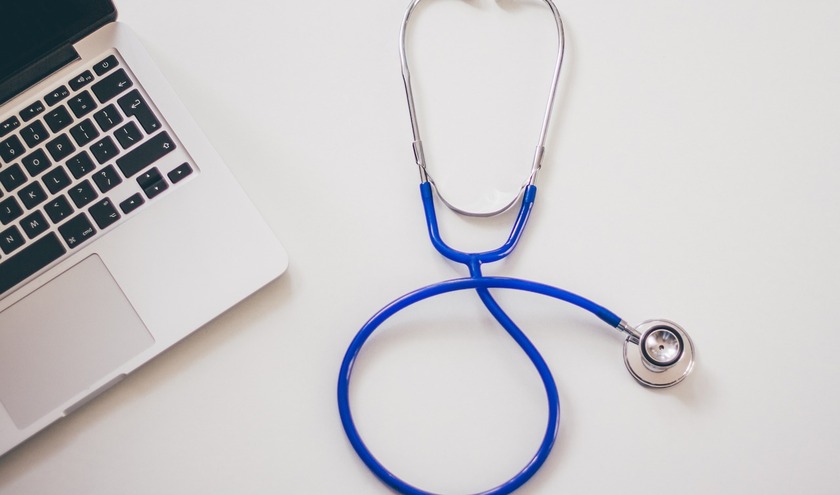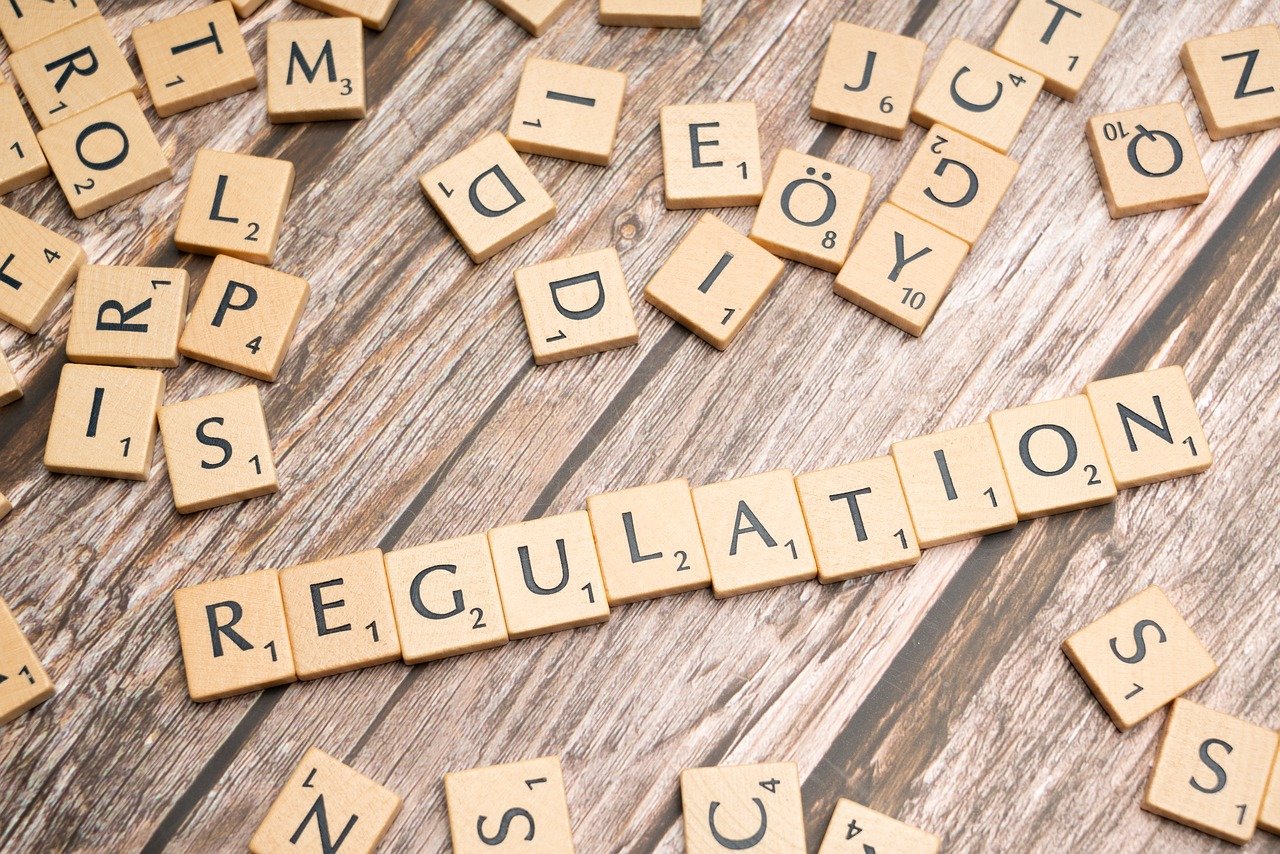From today (1 October), patients will be able to request appointments, ask questions, and describe symptoms online throughout the day rather than calling their surgery or visiting in person. This will help free up practice phone lines for those who need them most, and make it more convenient to access appointments.
Care Minister Stephen Kinnock said: ‘We promised to tackle the 8am scramble and make it easier for patients to access their GP practice – and through our Plan for Change, that's exactly what we're delivering.
‘We are bringing our analogue health service into the digital era, giving patients greater choice and convenience. We've learned from GPs who are already offering this service and reaping the rewards.
‘We've invested an extra £1.1bn in general practice - the biggest increase in over a decade - and hired an extra 2,000 GPs across England. There's more to do, but this government is fixing the front door to the NHS.'
Some GP practices across England have already adopted successfully the new requirement for online access. Evidence shows that where practices have moved to this "Modern General Practice" approach, both staff and patients report improved service quality.
Dr Amanda Doyle, national director for primary care and community services at NHS England, said: ‘Improving access to general practice is a top priority for the NHS and while latest data shows a record three in four people found it easy to contact their GP, there is much more to do – which is why requiring all practices to keep their online consultation tools open during core hours is so vital.
‘This step will help modernise general practice by making online access as easy as calling or walking into your practice, ensuring the phone lines are available for those who need them most and making it easier for practices to triage patients based on clinical need.'
Practices are now also required to publish a new patient charter dubbed "You and Your GP" on their websites – informing patients what they can expect from their practice and how to give feedback or raise concerns. Practices are now required to have clear processes in place to receive patient feedback or concerns so they can be swiftly addressed.
The move follows warnings from the BMA that GPs' systems currently cannot distinguish between non-urgent and urgent patient queries and with practices already understaffed and overworked, GPs fear this could lead to potentially serious and life-threatening problems being delayed or missed entirely. Doctors will need to be reallocated away from booked appointments to manage the potential online triage tsunami leading to fewer GP appointments with patients, the union says.
Reaction
Dr Duncan Gooch, GP and chair of the Primary Care Network at the NHS Confederation, said: ‘Providing patients with a range of routes to access their practice – such as by telephone, online or walk-in – can help ensure fair access to advice and treatment.
‘We also recognise that GPs may fear that this will lead to uncontrolled demand, which impacts on patient safety. However, many of our members are operating in this way already and have been positive about the impact – not only on patients, but on the workforce too. Managing demand and providing better access has reduced stress on staff, conflict with patients and created a positive environment where job satisfaction is high.
'This is not to take away from the fact that we still need more investment into general practice and GPs to help stem the increasing turnover and provide patients with the service they need.'
Louise Ansari, chief executive of Healthwatch England said: ‘Giving people the ability to contact their GP using the booking method that most suits them, at any time during their surgery's core hours, is a welcome shift. This move will help improve consistency, give patients greater choice, and mean they can fit appointment booking around work or caring responsibilities.
'It's now up to NHS commissioners to ensure this change is felt nationwide so patients no longer face a postcode lottery when booking a GP appointment.'



